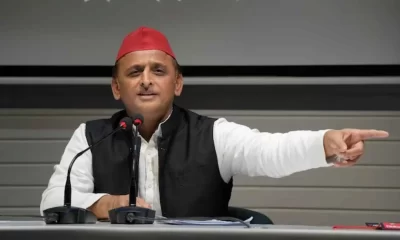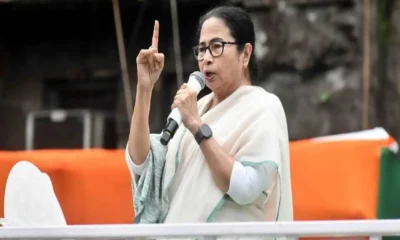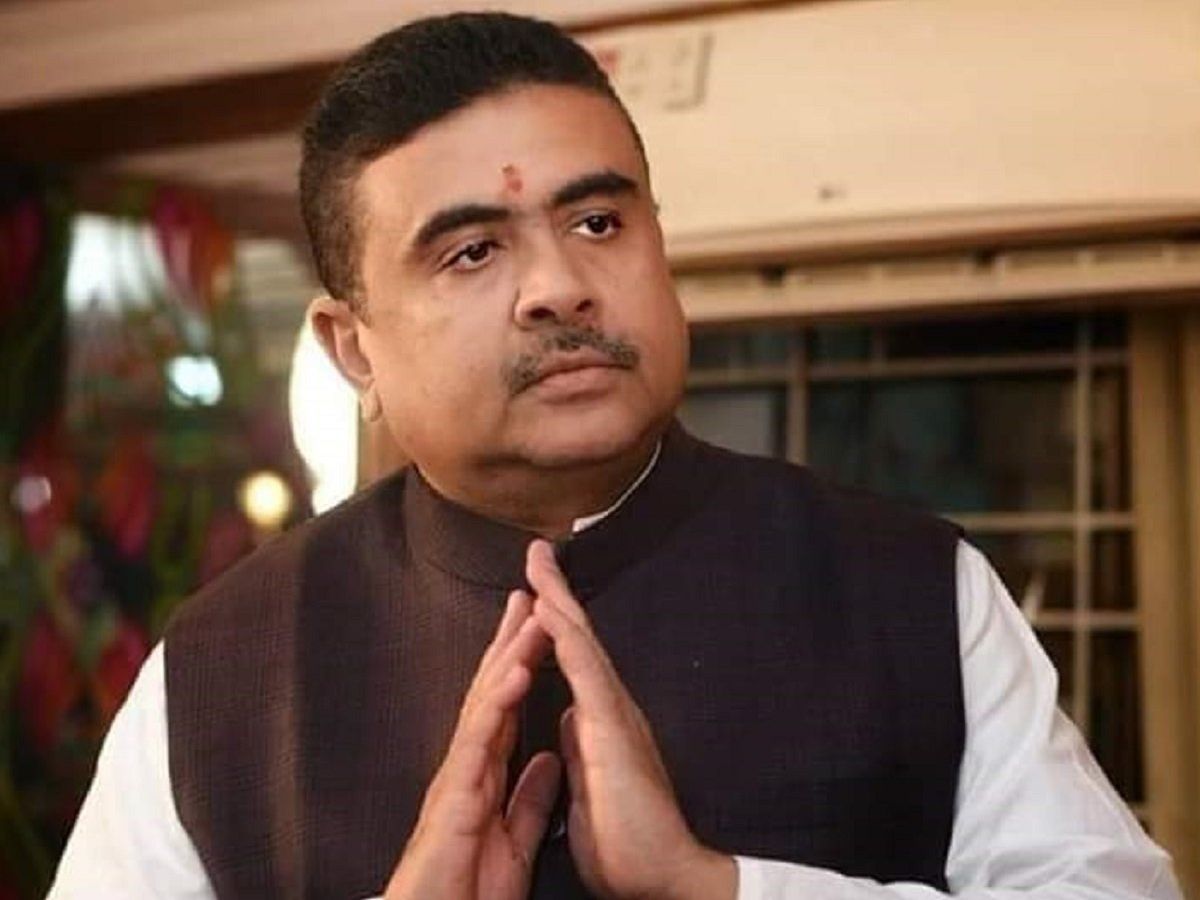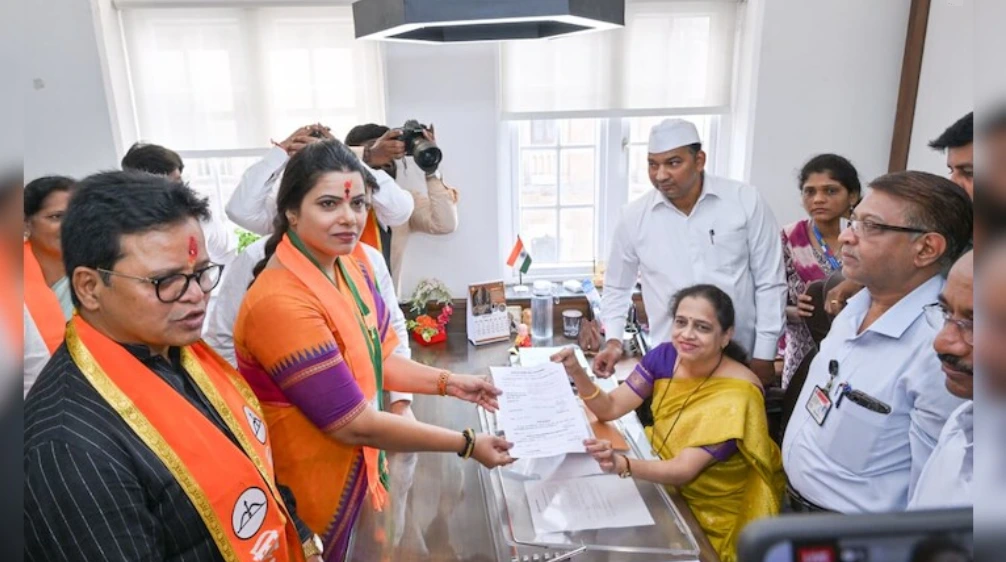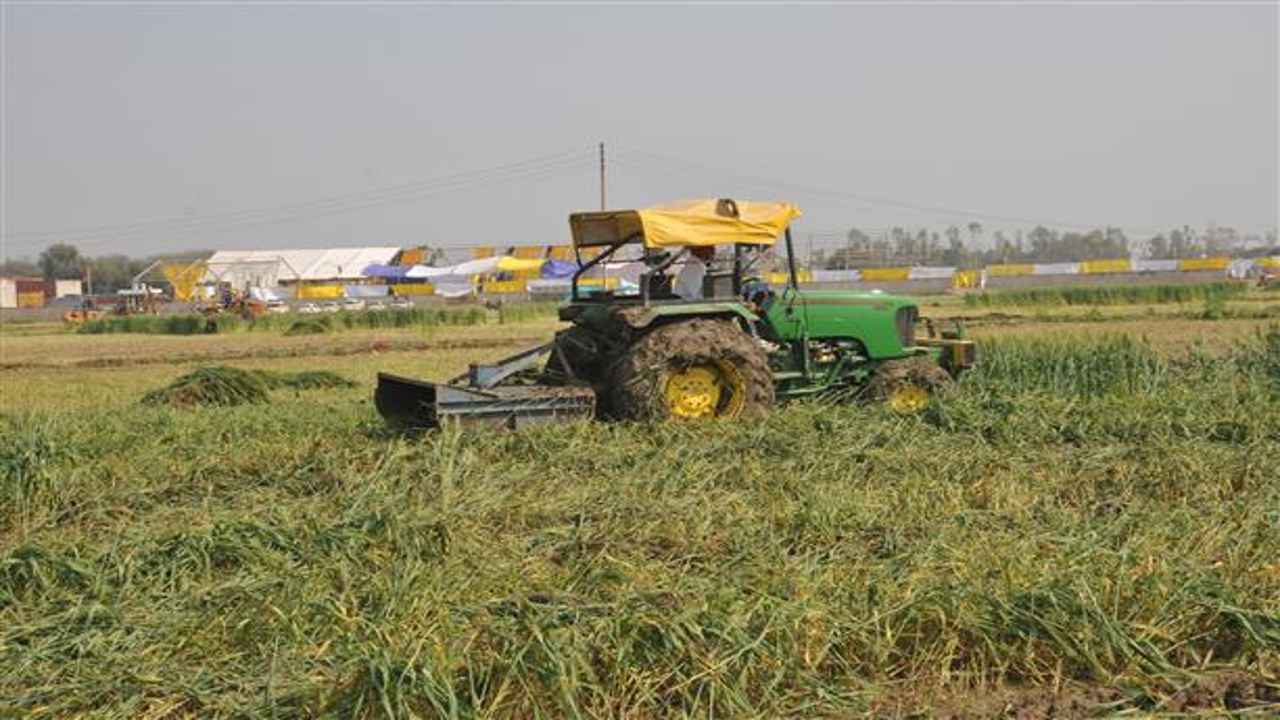[vc_row][vc_column][vc_column_text]Coming close on the heels of the College Square rally ban, the new student election rules promulgated by the state government have raised the hackles of many citizens
By Sucheta Dasgupta
Student politics has traditionally been the first stepping stone to legislature for most politicians worth their salt in the state of West Bengal.
Last week, the Mamata Banerjee government framed rules under the West Bengal Universities and Colleges (Administration and Regulation) Act 2017, purportedly to depoliticise campuses. They are yet to be notified but are sure to raise the hackles of many an activist or even neutral-minded citizens.
Students will henceforth be barred from contesting elections on political parties’ symbols. The student union will be replaced by the student council of which the president and the vice-president will be teachers nominated by the vice-chancellor. The treasurer who will control the flow of funds will also be a teacher. Elections will be held only for the post of class representative, once every two years. The general secretary will be a student elected by all the class representatives in the first meeting of the council.
There are additional stipulations—candidates must have at least 60 percent attendance, no criminal record, reasonably good academic performance and, once elected, cannot serve more than two terms.
The rules are set to become effective in the 2018 campus elections in the state.
The new regulations, however, seem to have arrived at a time when totalitarianism by governments is slowly gaining ground all over the country. For instance, in Telangana’s Hyderabad, the public relations officer of Osmania University, a hotbed of pro-beef agitations and Dalit protests, has also last week issued a note proscribing all political activity, including public meetings, on campus.
And in April, the Jawaharlal Nehru University— following a recent University Grants Commission’s notification—announced a massive reduction in student intake for its MPhil and PhD courses for the upcoming academic session, seen by many quarters as punishment by the centre for its 2016 stir that followed the arrest of JNU Students’ Union president from AISF and PhD scholar Kanhaiya Kumar.
Which begs the question, are ruling parties and their unions finding themselves on the back foot on these campuses, at least as far as electoral politics is concerned?
Trinamool Congress’ students union TMCP has slowly managed to gather influence in educational institutions across the state but so far it has failed to manage a breakthrough in the prestigious and politically significant Presidency College and Jadavpur University. Here the main forces are still the SFI, the students’ wing of the CPM, and, in case of Presidency, the Independent Consolidation, a coalition of anti-SFI forces like Chhatra Parishad (Congress), Naxalites, SUCI and DSO.
The IC won the student elections this year with SFI presenting it with a tough fight. In JU, the SFI made a comeback in the arts faculty while TMCP lost the polls to all five office-bearers’ posts.
So these steps, which many might call undemocratic, might well be a plan to muzzle campus politics, coming as they do on the heels of the June 1 rally ban at historic College Square, College Street, in central Kolkata—which is witness to the freedom struggle, the Naxalite uprisings and even the popular movement that brought Banerjee herself to power and has been the protest hub of Kolkata since the 19th century. The ostensible trigger for the ban was a student’s putative complaint to the CM that they found it hard to study amid the noise generated by the protests in the area.
Interestingly, a group of individuals led by theatre artistes Joyraj Bhattacharjee and Shreyasi Bhaduri and poet and academic Nandini Dhar, picking lampoon and hyperbole as their weapons of choice, have been holding a silent protest at the very spot for over a week now. As participants do little more than loiter or sit in the area, wearing strips of black cloth covering their mouths, reading, holding placards and making street art, police have no ground to arrest them and, though present in strength, can only stand and stare.[/vc_column_text][/vc_column][/vc_row]
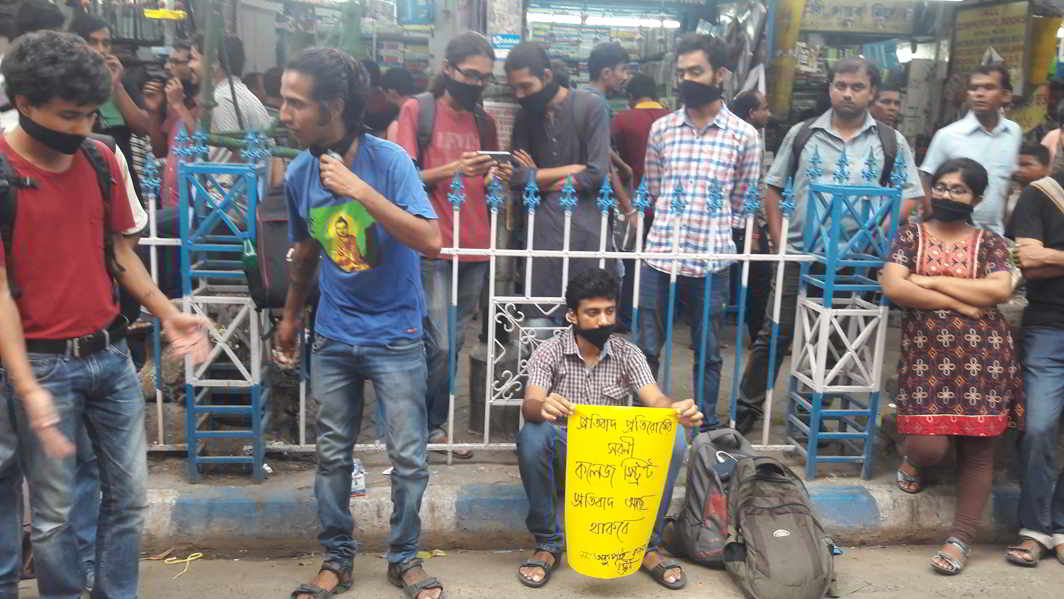

 Latest world news23 hours ago
Latest world news23 hours ago
 Cricket news23 hours ago
Cricket news23 hours ago
 India News23 hours ago
India News23 hours ago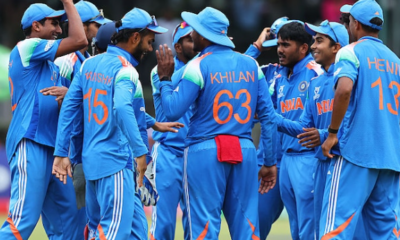
 Cricket news18 hours ago
Cricket news18 hours ago
 Latest world news18 hours ago
Latest world news18 hours ago
 India News5 hours ago
India News5 hours ago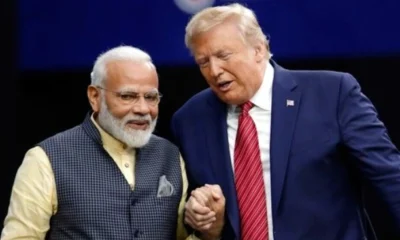
 Latest world news3 hours ago
Latest world news3 hours ago
 India News2 hours ago
India News2 hours ago

